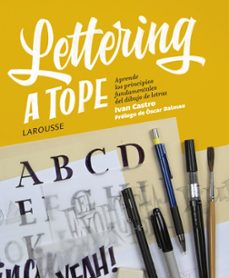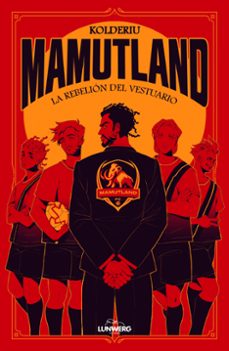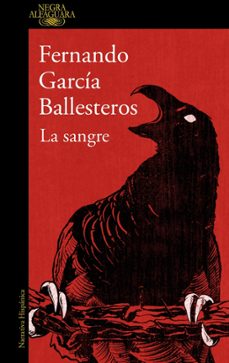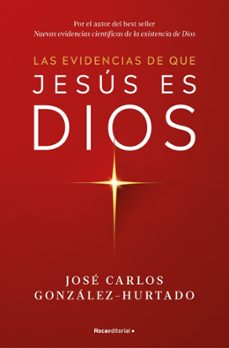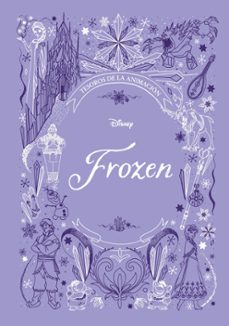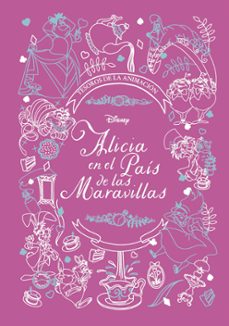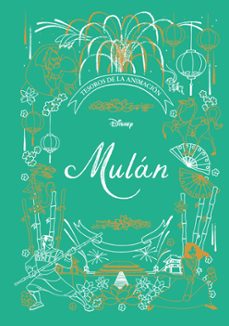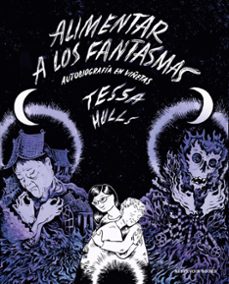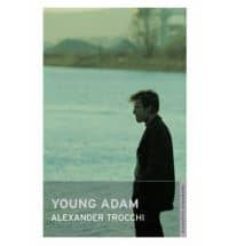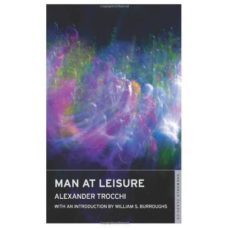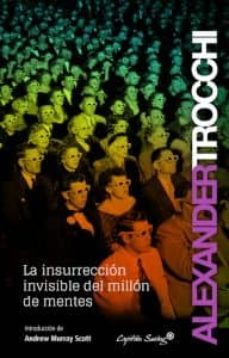Imprescindibles
Ficción
No Ficción
Ciencias y tecnología Biología Ciencias Ciencias naturales Divulgación científica Informática Ingeniería Matemáticas Medicina Salud y dietas Filología Biblioteconomía Estudios filológicos Estudios lingüísticos Estudios literarios Historia y crítica de la Literatura
Humanidades Autoayuda y espiritualidad Ciencias humanas Derecho Economía y Empresa Psicología y Pedagogía Filosofía Sociología Historia Arqueología Biografías Historia de España Historia Universal Historia por países
Infantil
Juvenil
#Jóvenes lectores Narrativa juvenil Clásicos adaptados Libros Wattpad Libros Booktok Libros de influencers Libros de Youtubers Libros Spicy Juveniles Libros LGTBIQ+ Temas sociales Libros ciencia ficción Libros de acción y aventura Cómic y manga juvenil Cómic juvenil Manga Shonen Manga Shojo Autores destacados Jennifer L. Armentrout Eloy Moreno Nerea Llanes Hannah Nicole Maehrer
Libros de fantasía Cozy Fantasy Dark academia Hadas y Fae Romantasy Royal Fantasy Urban Fantasy Vampiros y hombres lobo Otros Misterio y terror Cozy mistery Policiaca Spooky Terror Thriller y suspense Otros
Libros románticos y de amor Dark Romance Clean Romance Cowboy Romance Mafia y amor Romance dramatico Romcom libros Sport Romance Otros Clichés Enemies to Lovers Friends to Lovers Hermanastros Slow Burn Fake Dating Triángulo amoroso
Cómic y manga
Novela gráfica Novela gráfica americana Novela gráfica europea Novela gráfica de otros países Personajes, series y sagas Series y sagas Star Wars Superhéroes Cómics DC Cómics Marvel Cómics otros superhéroes Cómics Valiant
eBooks
Literatura Contemporánea Narrativa fantástica Novela de ciencia ficción Novela de terror Novela histórica Novela negra Novela romántica y erótica Juvenil Más de 13 años Más de 15 años Infantil eBooks infantiles
Humanidades Autoayuda y espiritualidad Ciencias humanas Economía y Empresa Psicología y Pedagogía Filosofía Historia Historia de España Historia Universal Arte Cine Música Historia del arte
Ciencia y tecnología Ciencias naturales Divulgación científica Medicina Salud y dietas Filología Estudios lingüísticos Estudios literarios Historia y crítica de la Literatura Estilo de vida Cocina Guías de viaje Ocio y deportes
Alexander Trocchi
Recibe novedades de ALEXANDER TROCCHI directamente en tu email
Filtros
Del 1 al 6 de 6
ALMA BOOKS 9781847490421
Trocchi's narrator is an outsider; a drifter working for the skipper of a barge. Together they discover a young woman's corpse floating in the canal. Tensions increase in cramped confines with the narrator's highly charged seduction of the skipper's wife. Compulsively readable, this is no ordinary thriller. It challenges conventional morality. The certainty of events and their meaning is far from objective.
Ver más
Tapa blanda
ALMA BOOKS 9781847491008
First published in 1972, this verse collection ranges over multiple years and includes the lyricism of early love poetry along with reflections on drug culture and penetrating comments on contemporary figures and events. The poems' language is strong, rich, and frankly obscene, while the arguments range from the witty to the profound.
Ver más
Tapa blanda
ALMA BOOKS 9781847491671
Written in America while Trocchi was working on a scow on the Hudson River, Cain's Book is an extraordinary autobiographical account about a junky's life, and an honest, raunchy, eye-opening trip through hell. Probably the most famous novel about drug addiction and the hazards and excitements of an addict's life after Naked Lunch , this modern classic - which was prosecuted in Britain for obscenity in 1965 - still shocks in its frankness and is sadly relevant to this day.
Ver más
Tapa blanda
CAPITAN SWING 9788494098567
Alexander Trocchi fue uno de los escritores más notables de las décadas de los 50 y 60, una figura destacada en la vanguardia europea y una especie de figura de culto desde su prematura muerte en 1984. Nacido en Glasgow en 1925, se trasladó a París en 1952 donde frecuento los ámbitos del existencialismo y fue un asiduo de los ambientes nocturnos del barrio latino. Para poder subsistir, se dedicó a escribir novelas de corte pornográfico que firmaba con seudónimo, y a la edición de la famosa revista Merlin, de la que se editaron siete números y donde colaboraron, entre otros, Samuel Beckett, Jean Genet, Paul Eluard, Jean-Paul Sartre y Henry Miller.
Ver más
Tapa blanda
Del 1 al 6 de 6
